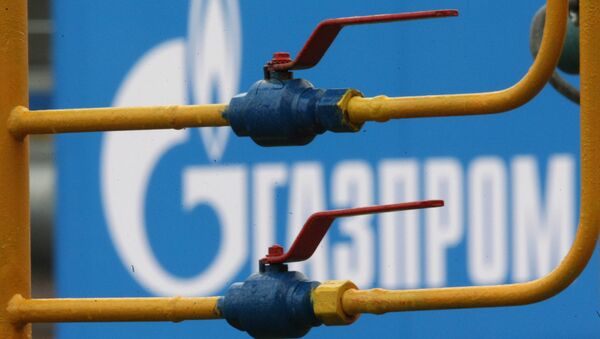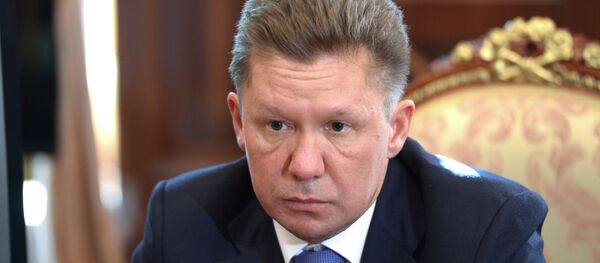"[European] Commission's services will analyze Gazprom's plan with the regard to its economic viability as well as regulatory and legal feasibility/consequences before taking a final position. In any case the European Commission expects that obligations arising from existing gas contracts are met," the Commission's spokesperson told Sputnik.
Following the talks, Sefcovic said that Miller's statement surprised him even though Gazprom has repeatedly reiterated its intention to deliver gas bypassing the Ukrainian territory due to the transit risks.
Sefcovic also noted that under the existing long-term contracts with EU partners, Gazprom should deliver gas to "very clear specified places of deliveries", according to media reports. Gazprom has contractual obligations of more than 40 billion cubic meters of gas supplies per year.
Commission's spokesperson also noted the EU commitment to the diversification of gas supplies.
"There is broad consensus in South East Europe on the necessity to increase integration of the region and provide real diversification of gas supplies to the region. In this context the creation of the High Level Working Group (HLWG) has been tasked with advancing the most important cross-border diversification projects in the region. The HLWG will start its work with a first meeting in Sofia in the coming weeks," the spokesperson said.
The decision to create a gas route from Russia to Turkey under the Black Sea (so-called Turkish Stream) and to shift the flow of Russian gas from Ukraine to Turkey was taken after the South Stream project was abandoned in December.
Russian President Vladimir Putin stated that Russia was not willing to continue implementing the project in light of the European Commission's "non-constructive" stance on the matter.
South Stream pipeline was intended to serve as a means to avoid passing through Ukraine. Brussels has long been trying to hamper the project saying it violates the European Union's Third Energy Package, which aims to divide in its member countries the owners of the pipelines and the producers of natural gas.




